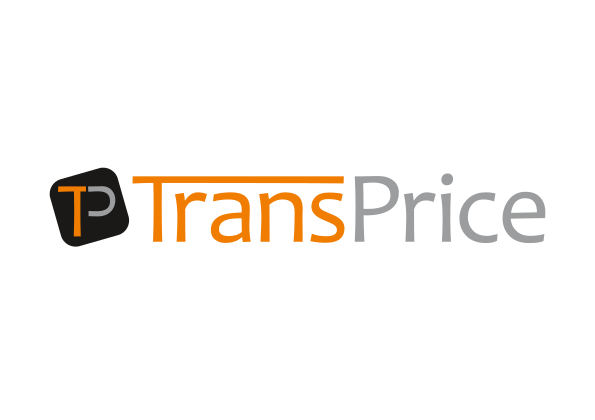A multinational group is a family of group entities working together in a globalised economy. Group entities that thrive on same values and vision across the globe. Such a multinational group undertakes business in various tax jurisdictions, either as a profit centre or as a cost centre/ back office support for the group. The document that keeps the transactions and activities of such a multinational group together is called as an Inter Corporate Agreement (ICA) or Transfer Pricing Agreement (TPA). Such a document could be considered as an eye for the dealings undertaken by the group within its member companies. Let us understand certain basic aspects of the ICA.
What is an inter corporate agreement?
ICA is a document which is entered between two related enterprises (Associated Enterprises) that are the members of the sale multinational group . As the agreements are entered between the group companies, they are different from a strict third party legal agreements. A third party agreement in reality captures the negotiations between two independent parties, while an ICA captures the way of doing business between two related enterprises. There is seldom a full fledged negotiation process as it takes place in independent scenarios.
An ICA is a useful tool to assign roles and responsibilities to the respective participant entities to the ICA. An ICA is used for the study of comparability in transfer pricing, where the terms and condition of the controlled transactions between the related enterprises are often compared with the independent parties. Without ICA, it is not possible to engage in a comparability exercise and the study of transfer pricing would be a superficial exercise.
Some of the examples of ICA are as follows:
- IT Enabled Services/ IT development
- Back Office Support services
- Contract manufacturing agreements
- Cost Contribution agreements
- Royalty agreements
- Distributorship agreements
- R&D service agreements
- Sale/ purchase of goods and services
- Financial transactions like loans, guarantees etc
How are they different from different from Legal agreements?
As mentioned above, ICA are commercial agreements and they are different than general purpose legal agreements. The following could be the highlights:
(I) Language: The language of the ICA is free flowing and simple english. It avoids legal jargons and focuses on allocation of roles and responsibilities between the parties.
(II) Entity vs. Group approach: In general legal contracts, the parties try to protect their own interest (entity approach), while in the case of ICA, the interest of the multinational group is kept as priority item. ICAs cannot go against the value drives and business principles adopted by the group at large.
(III) Strictness: ICAs are kept open and flexible in certain matters, while in a third party legal contract, every line shall be strictly followed. For example, the remuneration model in an ICA could be left open to the transfer pricing study undertaken on a yearly basis, however the same is not possible in a legal agreement
(IV) Disputes: In third party contracts, there is a possibility for disputes and a full fledged mechanism to address such disputes. In ICA, the possibility of disputes is negligible, yet a standard dispute or arbitration clause is incorporated.
(V) Covenants: The covenants in the ICA would cover allocation of functions and risks in greater detail to achieve ease of comparability in transfer pricing. The group ultimately needs to achieve allocation of profits as per the value chain. However, in the legal agreement, legal aspects in a transaction are highlighted along with consequences and results around the covenants.
The best way to create an ICA
As an ICA is not a legal agreement, your transfer pricing advisor would be best suited for undertaking this assignment. It is worth to invest in a quality transfer pricing agreement rather than to have an adjustment exposure on transfer pricing at tax audit stages.
Team TransPrice
In case of any feedback, you can contact the Author at info@transprice.in
